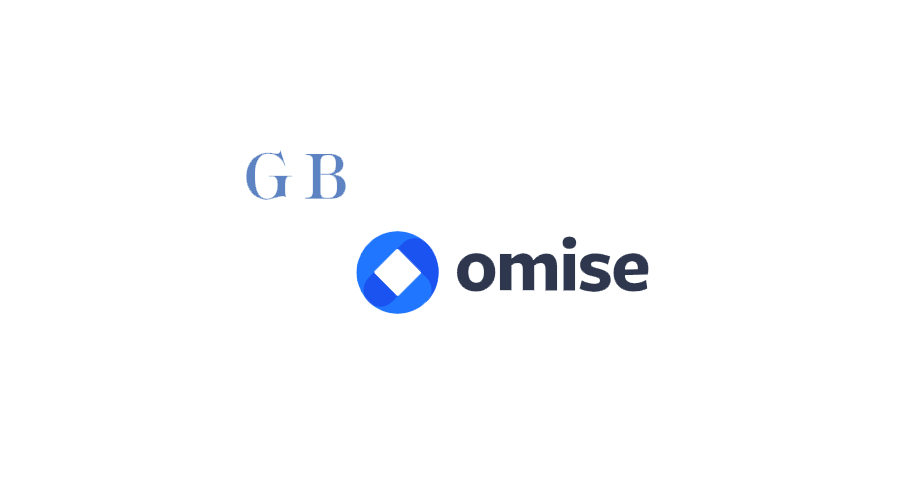Distributed Ledger, popularly known as Blockchain, is the process that makes all the data of any asset unchangeable, i.e., the history and origin of the asset has been made clear and accessible by the decentralisation process and encryption of cryptographic data.
Blockchain was considered just speculation with no actual use case on the horizon in the past. But, the technology has risen more quickly and to a greater size. The well-known use case for Blockchain and Bitcoin brought the well-deserved spotlight on Blockchain technology, and the rest is the course of history.
It took over a decade, but today Blockchain is widely accepted as a practical solution to many urgent issues across all industries. The overall investment in Blockchain technology is growing, and many corporations have either purchased a blockchain development company or have enlisted an internal team of highly experienced Blockchain application developers.
The majority of world wide survey respondents claimed that Blockchain is a key issue for their company in 2019, and 23% have started Blockchain implementation. Every industry has discovered an application compelling for Blockchain that ranges from healthcare to financial services and telecoms, and the life sciences. The issue is now ‘how can we transition to Blockchain instead of asking the question of ‘why should we use Blockchain’.
The Benefits Of The Blockchain App Development
Stringent Security
The main benefit for Blockchain applications is its security improvement. Databases of business databases, specifically those belonging to the Financial Services and Insurance industries, are susceptible to attack by fraudsters and hackers. In the Blockchain system, each transaction is scrutinised by authorised members before being recorded into an uncentralized ledger. Because the information is kept in a network of computer systems instead of just one server, it is impossible to alter the information by a single location.
Unmatched Transparency
In Blockchain, the network participants have access to the same data across all their nodes. Similar to that, to alter the contents of a single record requires altering all subsequent records. It’s the feature of immutable history that has been touted by Blockchain technology as the next big thing for opaque companies like Financial Services and Insurance.
Cost Optimization
According to a study conducted in 2022, Blockchain may reduce costs for infrastructure within the Financial Services industry, saving anywhere from USD 15 billion to USD 20 billion in a year! The incredible cost savings are possible by reducing manual labour involved in pooling, editing and sharing information. Employees would be able to cut down on time-consuming, repetitive processes and concentrate on what is important. Additionally, reporting on compliance and audits would be effortless.
Incremental Efficiency
Blockchain eliminates the requirement for an intermediary to facilitate the payment process, which traditionally has been a complicated process. Blockchain-based mobile apps can facilitate faster cross-border peer-to-peer (P2P) transfer of funds. Paying with ease can improve the effectiveness of transactions in areas where there are no financial services. In the same way, workflows for property management and contracts within financial transactions and contracts in the Finance and Insurance sector can be made more efficient by central systems for recording ownership.
Several sectors have started observing the disruption owing to the companies providing blockchain development services. These sectors are:
- Banking And Financial Services
Financial and banking services have taken the lead in Blockchain application development. In reality, FinTech startups were the first to take on Blockchain technology, while other sectors thought it was just something to play with and not strong enough to be useful in instances. FinTech adopted it and recorded the return on investment by embracing Blockchain Application Development Services.
Blockchain Fintech App Development provides the security to create permanent documents of the millions of transactions within a Financial Services organisation. The distributed and decentralised ledger system reduces the chance of fraud in those who use the Finance pipeline. There is also a claim that transactions will be more affordable due to the greater use of this technology.
- Data Management
Data Management cannot be considered an actual industry but is a fundamental function common to every industry. In all workflows, data must be available only to authorised users. Blockchain applications can act as permission-based systems and aid users in detecting data manipulation. If an attacker can infiltrate the Blockchain network and its associated information, they will not access the data. The reason is that all data blocks are encrypted, which ensures secure flows towards the user intended.
- Real Estate
Real estate is a traditional sector that could soon be experiencing disruption due to the advent of smart contracts or crypto contracts. A simple definition of a smart contract is computer software that facilitates the transfer of digital currency or assets among two people. These contracts permit real estate and other assets to be tokenized, traded, and exchanged like bitcoin and ether. Transactions can be conducted and proceeded over the internet.
Blockchain apps can facilitate tasks like listing, payments, legal documents, and more. Typically, real estate transactions require intermediaries who charge commissions and the cost of a fee. Blockchain technology can speed up the entire process since transactions only occur with the sellers and buyer. Additionally, through permitting the fractional ownership of property, Blockchain lowers the barrier to investing in real estate because the asset can be traded like stocks.
- Product Supply Chain
Blockchain’s or a blockchain development company’s role in streamlining the Product Supply Chain needs an extra mention because the COVID-19 crisis has placed an immense strain on this function. The supply of drugs and equipment for medical use has been severely affected by this health crisis causing disruption. Multi-party international contracts that amount to thousands of dollars that require months to reach an agreement can be completed in just a few hours. However, the biggest issue is the lack of trust between the three entities: demand-supply, demand, and the instrument for financial transactions.
Blockchain applications can be used as a financing and trading instrument that guarantees the security of factories through distributed ledger-backed payments that are released when production milestones are reached and as goods travel through the supply chain.
In Conclusion
While the primary purpose of transferring and verifying financial data can be applied to nearly all sectors, at the present stage of development, certain sectors are more suited to Blockchain technology -for instance, Financial Services, Government, and Healthcare in the lead. As we’ve seen recent events in the COVID-19 crisis, global trade, and payments, finance concerns could be addressed with Blockchain-based solutions. This requires concerted funding for Blockchain app development and testing in a variety of scenarios.


















